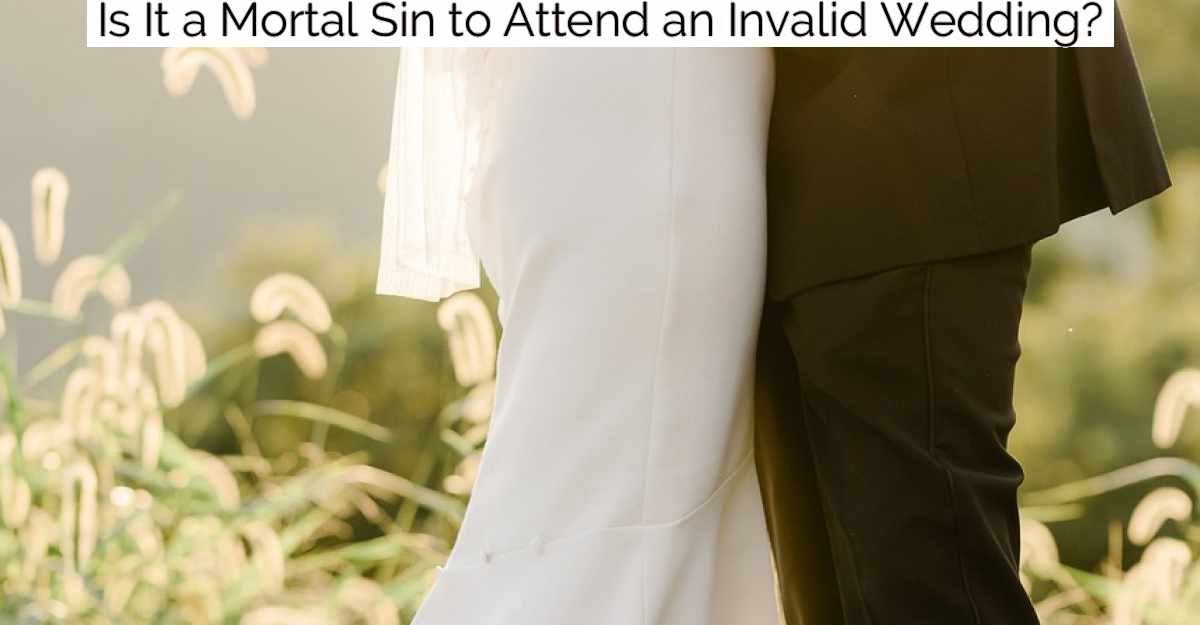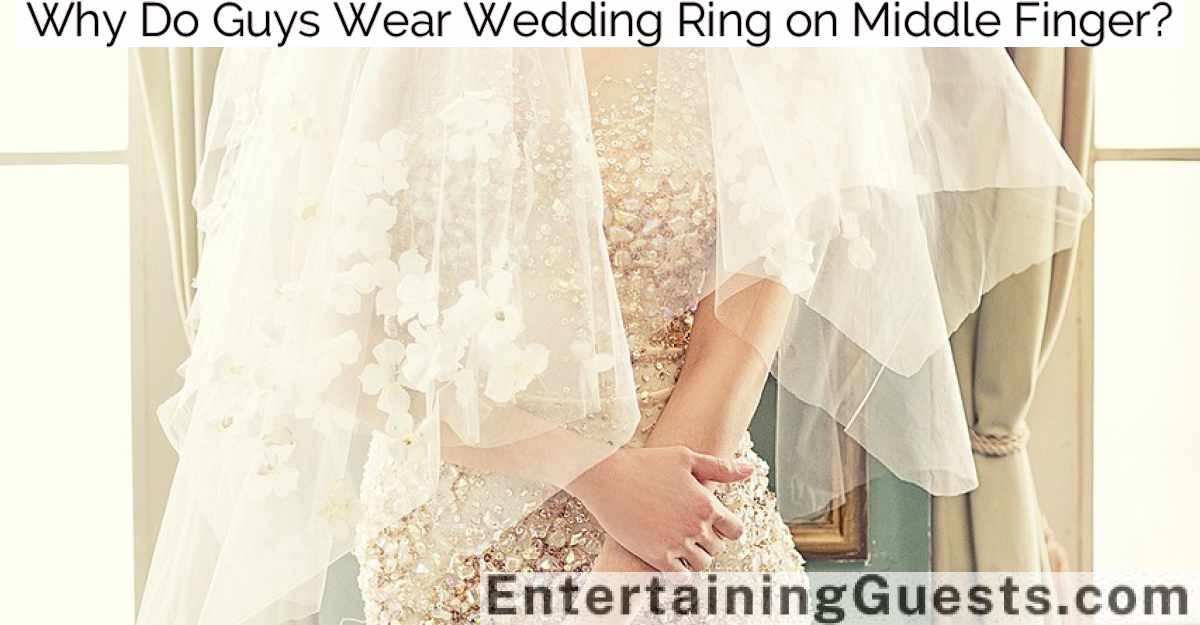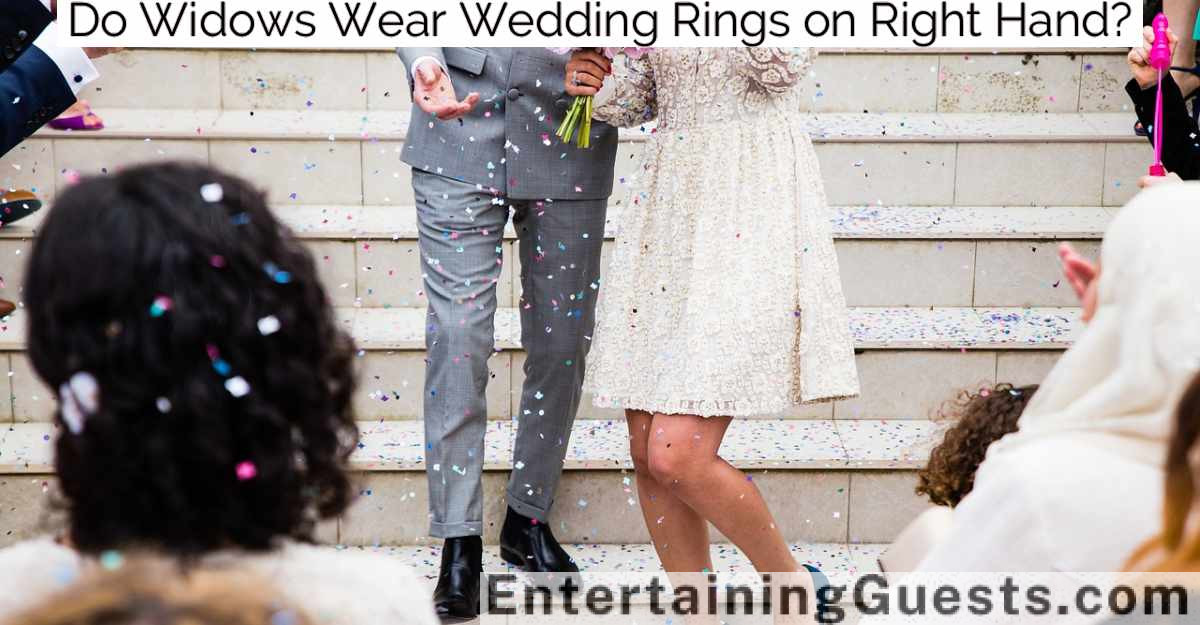No, attending an invalid wedding can be considered morally problematic within Catholic teaching, as it may imply an endorsement of a union that does not align with the sacramental understanding of marriage. Engaging in such an event raises questions about the individual’s awareness of the wedding’s invalidity and their intentions for attending. This situation necessitates a careful reflection on one’s beliefs and the potential implications of participating in a ceremony that goes against established religious principles. Ultimately, the decision should be made with a clear understanding of the moral and ethical consequences involved.
Understanding Invalid Weddings
Many people often wonder about the concept of an invalid wedding within various religious and legal contexts. An invalid wedding is considered such when it doesn’t meet the established criteria set forth by religious authorities or civil laws to constitute a legitimate union. These criteria may include, but aren’t limited to, mutual consent, legal age, mental capacity, and freedom from coercion.
In religious contexts, particularly within Catholicism, a marriage may be deemed invalid if it lacks proper form, consent, or one of the parties is impeded by canonical laws from entering into the union. For instance, a marriage performed without a Catholic priest or deacon and two witnesses, in the absence of dispensation, is typically considered invalid. Furthermore, if either party conceals significant facts such as previous marriages or an intention against fidelity or permanence, the union can be declared invalid.
Legal authorities also have their parameters, often requiring a marriage license, proper identification, and witnesses. Failure to adhere to these legal stipulations can result in a marriage being recognized as invalid in the eyes of the law. Thus, the invalidity of a wedding can stem from numerous deficiencies under both religious and civil jurisdictions.
Criteria for Mortal Sin
Understanding the criteria for mortal sin is integral when considering the moral implications of participating in what may be deemed an invalid wedding. Traditionally, three conditions must be met for an act to be classified as a mortal sin: grave matter, full knowledge, and deliberate consent.
Firstly, the act itself must involve a matter of serious consequence. The gravity of the matter is assessed based on its moral weight and the extent to which it contradicts moral law. In the context of attending a wedding, the determinant of gravity would hinge on the nature of the invalidity—whether it directly contravenes foundational moral or doctrinal tenets.
Secondly, the person committing the act must have full knowledge that their actions are wrong. This encompasses an awareness of the sinfulness of the act, along with an understanding of its moral implications. Lack of knowledge, whether through inadvertence or misinformation, can mitigate culpability.
Lastly, deliberate consent implies that the individual freely chooses to commit the act, fully aware of its sinful nature. Coercion or significant external pressure can impact the voluntariness of the decision, thus affecting the sin’s mortal nature. These criteria collectively determine the moral culpability associated with attending an invalid wedding.
Church Teachings on Invalid Marriages
Within the framework of Church teachings, an invalid marriage is considered non-conforming to the canonical laws that define a sacramental union. The Church holds that for a marriage to be valid, it must meet certain criteria: it must be entered freely and with full consent by both parties, both must intend to marry for life, be open to procreation, and the marriage must be conducted by a lawful minister in the presence of two witnesses. When any of these conditions aren’t met, the marriage is deemed invalid.
The concept of invalidity extends beyond mere formality. It touches on the sacramental nature of matrimony, viewing marriage as a covenant that mirrors the fidelity and unity between Christ and the Church. This theological underpinning emphasizes why the Church insists on strict adherence to these laws.
Invalid marriages raise significant pastoral concerns. The Church’s response, however, isn’t merely punitive; it seeks to provide pastoral care and guidance to those involved in such unions. This is evident in the Church’s provision for annulment, a process that examines whether a valid marital union was ever present. Thus, the Church upholds the sanctity of marriage while offering a path to rectification for those in invalid unions.
Moral Considerations and Obligations
Frequently, moral dilemmas arise when individuals are invited to participate in what the Church deems an invalid wedding. Such situations necessitate careful moral analysis and discernment guided by Church teachings. Participation in an event that contradicts one’s faith principles can be seen as an implicit endorsement of those practices. Therefore, the faithful must evaluate their presence at such ceremonies in light of their obligation to uphold the truth of sacramental marriage.
From a theological perspective, the validity of a marriage within the Church hinges on specific criteria that, when unmet, render the marriage invalid. This includes lack of form, impediments, and lack of proper intention. Attending a wedding that lacks these elements might raise serious ethical questions. It’s crucial for individuals to consider whether their attendance might confuse or scandalize others regarding the sanctity and indissolubility of marriage as taught by the Church.
Moreover, the moral obligation to witness truthfully to one’s faith often requires difficult choices. Not attending may be a necessary witness to the truth about marriage. However, such decisions should always be approached with compassion and a desire to maintain relationships, while still upholding one’s religious convictions.
Navigating Family and Faith Conflicts
Navigating conflicts between family obligations and religious beliefs often puts individuals in a precarious position. When invited to a wedding deemed invalid by their faith, the dilemma intensifies. These situations demand a nuanced understanding of both familial loyalty and religious adherence.
Scholars argue that the decision to attend such ceremonies hinges on the interpretation of moral theology and canonical law. They suggest that although attendance may appear to contravene religious teachings, it can also be viewed through the lens of maintaining familial harmony. This perspective emphasizes the importance of relationships and the potential spiritual distress caused by rejecting family over doctrinal accuracy.
Moreover, religious authorities often provide guidelines that balance doctrinal fidelity with pastoral care. They typically advise adherents to communicate their concerns with family members respectfully and to discern their participation based on the potential for scandal or endorsement of what their faith opposes. This approach underscores the importance of intent and personal conscience in making ethically fraught decisions.
Ultimately, the conflict between family and faith underscores a broader theological debate about the nature of sin, grace, and the believer’s role in secular society. It challenges individuals to weigh carefully the implications of their choices on their spiritual and relational lives.
Frequently Asked Questions
Can Attending an Invalid Wedding Affect My Own Marriage’s Validity?
Attending an invalid wedding doesn’t impact the validity of one’s own marriage. The legitimacy of a marriage relies on the couple’s adherence to their vows and the legal requirements of their jurisdiction.
Are There Exceptions for Attending if I’m a Wedding Vendor?
As a wedding vendor, exceptions exist regarding attendance at invalid weddings. Their role doesn’t imply endorsement but fulfills a contractual obligation, which doesn’t necessarily reflect their personal or religious beliefs about the ceremony’s validity.
How Should I Respond to a Wedding Invitation That’s Invalid?
When responding to an invalid wedding invitation, one should consider the relationship’s importance and potential consequences. Directly and respectfully declining or accepting based on personal convictions and the situation’s specifics is advisable.
Does the Location of the Wedding Affect Its Validity?
The location of a wedding doesn’t inherently affect its validity. Validity hinges on adherence to legal and religious standards, not on the geographical setting where the ceremony is conducted.
Can My Attendance Be Seen as Endorsing the Invalid Marriage?
She might worry that her presence implies approval of the invalid marriage, but it’s crucial to assess personal intentions and the potential impact of her attendance on her relationships and community perceptions.
Conclusion
In conclusion, attending an invalid wedding poses complex moral questions. Church teachings emphasize the gravity of valid marital sacraments and define criteria for mortal sin. Individuals must weigh their moral obligations against familial pressures. Analyzing the legitimacy of the wedding and one’s personal culpability is crucial. Ultimately, adherents are encouraged to seek pastoral guidance to reconcile faith with family loyalty, ensuring decisions align with both personal conscience and ecclesiastical doctrines.







